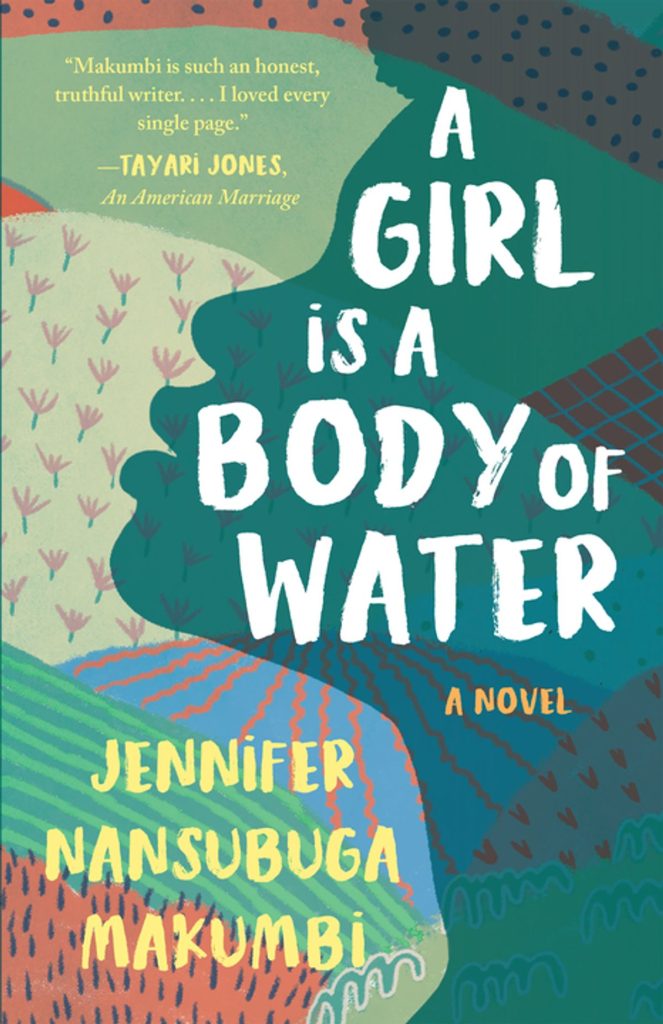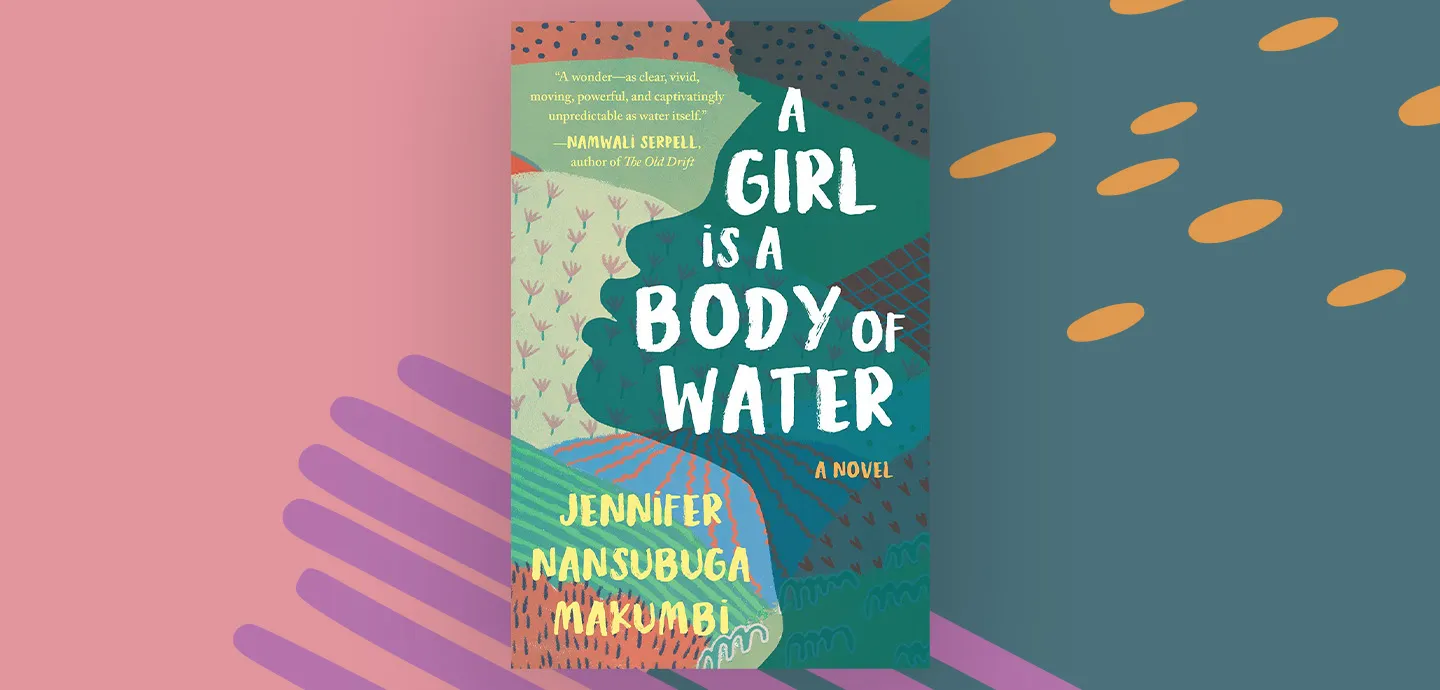I thoroughly enjoyed this book. A Girl is a Body of Water by Jennifer Nansubuga Makumbi was my first introduction to Ugandan literature, and what a delightful experience it was. I had so much fun discovering this beautiful African country; rich in culture, language, myth, and complex histories.
The novel opens up the world of twelve-year-old Kirabo, a girl full of curiosity, wonder, and endless questions her young mind struggles to make sense of. Living with her paternal grandparents and extended family, she begins to ask the questions no one seems willing to answer: Who is my mother? Where is she? Why did she leave me? Dissatisfied with the vague and dismissive replies from her family, Kirabo takes matters into her own hands and visits the blind village witch, Nsuuta, in search of truth.
Unlike the adults who often shush or shame her for being inquisitive, Nsuuta welcomes Kirabo’s questions. She doesn’t speak to her like a child but treats her with care and candour. When Kirabo confesses that she feels like she’s living a double life; one self calm and composed, the other unruly and wild—Nsuuta doesn’t scold her. She listens. She tells Kirabo that she is special, that what she’s experiencing is a return to her original state. Nsuuta introduces her to the story of the first woman, Nnambi, a bold and powerful being who embodied strength, pride, and independence before women were forced to shrink themselves to fit into a patriarchal world.
At the heart of this book is mwenkanonkano—feminism. Set in the 1970s under the dictatorship of Idi Amin, Ugandan society was deeply patriarchal. The book exposes the harsh realities women faced. Even simple gestures like a boy and girl walking hand in hand were considered taboo. When Kirabo walks with Sio, she’s shocked at the villagers’ outrage. In her mind, she’s just holding hands; something innocent. Thanks to Aunt Abi, she knows that such gestures don’t lead to pregnancy. But society says otherwise.

Aunt Abi, unlike Aunt Ya who encourages women to shrink for men’s comfort, is a breath of fresh air. She gives Kirabo real sex education, preparing her for the changes in her body and opening her eyes to the importance of choice, control, and confidence. In an era where such conversations were forbidden, Aunt Abi arms her niece with knowledge, telling her to go to the pharmacy for contraceptives if she must explore sex. Not out of rebellion, but out of responsibility.
In Kirabo’s village, virginity is glorified as a woman’s highest virtue, the most precious gift she can give her husband. But Aunt Abi challenges that. She asks: Should a woman sacrifice her own happiness for tradition? Should she marry someone without knowing if he’ll satisfy her emotionally or physically? These questions make you pause and think.
The story also weaves in the theme of friendship and life’s unpredictability. There’s Nsuuta and Alikisa (Kirabo’s grandmother), once childhood best friends who swore to remain close forever. But life, messy and unpredictabe, gets in the way. They both end up tied to the same man, Miiro (Kirabo’s grandfather), and the friendship fractures beyond repair. Their story reflects what happens with Kirabo and Giibwa, her best friend. Time and distance wear down their bond, proving that not all relationships, no matter how pure, last forever. Some fade like old jeans, washed one too many times.
Kirabo’s strength shines throughout the book. When Sio, the boy she loves, cheats and tries to blame the other girl, she calls him out. She refuses to accept the village’s logic that men stray and it’s the woman’s fault. She questions everything, from village customs to family myths, especially those that teach women to accept less, to settle, to fold themselves smaller.
One of my favourite parts of the A Girl is a Body of Water is how it immerses you in Ugandan culture and language. The subtle references to Idi Amin’s tyranny; the banning of women’s clothing choices, the war with Tanzania, the disappearances of me, give depth and historical grounding. I was thrilled to pick up a few Ugandan words, like kdto, and learn about a country I knew so little about before.
Another beautiful element is the emphasis on storytelling. Kirabo is a natural storyteller, despite being teased by her peers. Her grandfather calls her a griot, praising her gift. Through stories, hers and others’, we learn about patriarchal injustices, family secrets, and cultural wisdom. Her tale about Luzze, who pressures his wife for sons, is a powerful parable about how harmful gender expectations can be.
In the end, this book is more than just a story, it’s a window into the heart of a nation and its women. Kirabo’s courage, questions, and quiet rebellion moved me deeply. I also loved how familiar many of the stories felt. One tale about a girl who rejects all her suitors and ends up married to a monster, is common in Nigeria, my home country. It reminded me that we Africans are more connected than we know. And it is through stories; told and read, that we rediscover these links.
A girl is a body of water by Jennifer Nansubuga Makumbi is a powerful, culturally rich, and deeply resonant read. Kirabo is a character I won’t forget in a hurry.


 Trending
Trending 